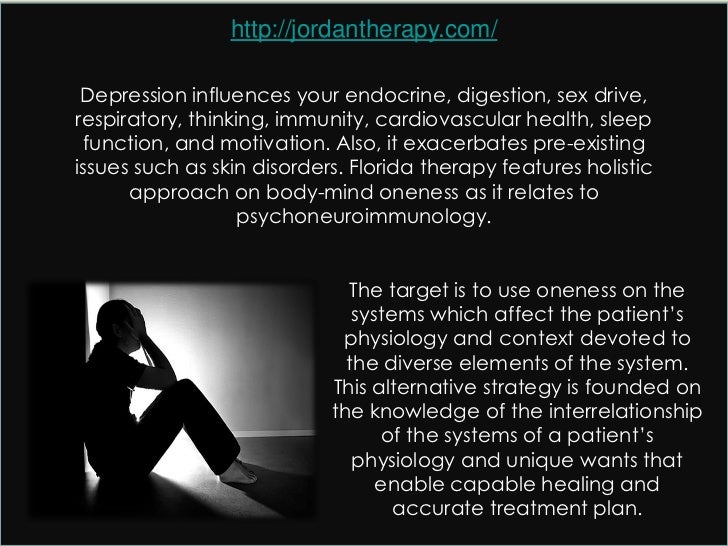Temporary household programs supply extensive but relatively short therapy based upon a changed 12-step method. These programs were originally made to treat alcohol issues, yet during the drug epidemic of the mid-1980s, lots of began to treat various other types of material use disorders. The original domestic therapy design contained a 3- to 6-week hospital-based inpatient therapy stage adhered to by prolonged outpatient treatment as well as engagement in a self-help group, such as AA. Following Home page remain in domestic treatment programs, it is very important for individuals to remain participated in outpatient therapy programs and/or aftercare programs.
What are residential treatment programs?
Residential treatment programs provide intensive help for youth with serious emotional and behavior problems. While receiving residential treatment, children temporarily live outside of their homes and in a facility where they can be supervised and monitored by trained staff.

There is a wide variety of choices offered, and also for some living in your home and participating in treatment therapy on a flexible routine through outpatient rehabilitation will certainly be a terrific option. But some people might take advantage of household dependency therapy programs where patients are supplied with continuous care in a helpful setting. Under the 2010 Affordable Treatment Act (ACA), likewise known as "Obamacare," insurance coverage companies (including Medicaid) must cover all fundamental aspects of alcohol and drug dependency healing. While Medicaid covers substance abuse treatment, not all centers accept Medicaid as a type of payment. To find a recovery carrier that approves Medicaid, get in touch with the Chemical abuse as well as Mental Health Services Administration (SAMHSA).
They concentrate on all aspects of therapy, case administration, meetings, different sorts of treatment, including injury, face to face counseling Which most times can really feel very uncomfortable however they supply groups that you take part in as well as communicate to other addicts and hear their life tales.
Does residential treatment work?

Residential treatment can help people with addiction regain stability and productivity at work and within their family and community. Many individuals who complete rehab and post-rehab activities stop using addictive substances and reduce their likelihood of engaging in criminal activity.
- There are some domestic programs that do not need this long period of admission, however.
- The size of time that a person need to stay in a property program can vary considerably, however according to the Substance Abuse as well as Mental Health Services Administration (SAMHSA), a lot of programs require people to remain signed up for 90 days.
- SAMSHA recommends that people who join addiction treatments have a tendency to succeed in these programs if they stay signed up for 90 days or longer, so this is taken into consideration the gold standard of treatment by lots of programs.
- While temporary alcohol treatment may not always be the most beneficial method of dealing with sophisticated lasting alcohol addiction, it is frequently sufficient for treatment of patients whose degree of alcoholic abuse is not as extreme.
It's unclear why this inconsistency exists, yet maybe that these dependencies are best treated in inpatient programs, as opposed to in household programs. Northbound Therapy's Dependency Support Services permits those that have finished from our Inpatient and Outpatient Programs to adapt to the facts of living a sober life.
When should you seek residential treatment?
A residential treatment program offers onsite treatment for those with mental illnesses. The key difference, however, is that we function primarily as a supportive home environment, not as a place of treatment or a medical facility.
Lifeline
What is the difference between inpatient and residential treatment?
Inpatient treatment consists of 24/7 monitoring, while residential treatment consists of monitoring, but not quite on a 24/7 intensity. In terms of environment, residential is a more comfortable, home-like setting, where inpatient consists of a secure part of a hospital. Another key difference is length of treatment.
You are held answerable to your sobriety while boosting your independence as well as getting back to your household, good friends, and also those individuals whom you look after. Northbound's very trained specialists incorporate a large range of evidence-based therapies within a trauma-informed environment in order to deal with the elements that underlie addiction as well as psychological health disorders. Additional reading Participants in our Residential Drug Rehabilitation Orange Region Therapy Program undertake a variety of evaluations and also evaluations to determine the most effective treatment prepare for their private requirements.
While in a nurturing setting, our Women's Residential Program with a variety of restorative https://www.liveinternet.ru/users/murciautq7/post471226981// methods addresses the special needs and also challenges facing females as they overcome substance abuse addiction. We listen to constantly from our clients firsthand that ladies in this program feel secure, sustained, as well as surrounded by compassion and care. When temporary programs are the best choice for your property dependency treatment, Healing Springs Cattle ranch offers a multi-faceted and also detailed program of rehabilitation from drug and alcohol dependency. The center's place in Tioga, TX on 50 acres of quarter-horse-country cattle ranch land provides an excellent setting for satisfaction of nature and a go back to whole-person health. Long-term residential therapy offers treatment 1 day a day, generally in non-hospital settings.